How to be an entrepreneur in the music industry
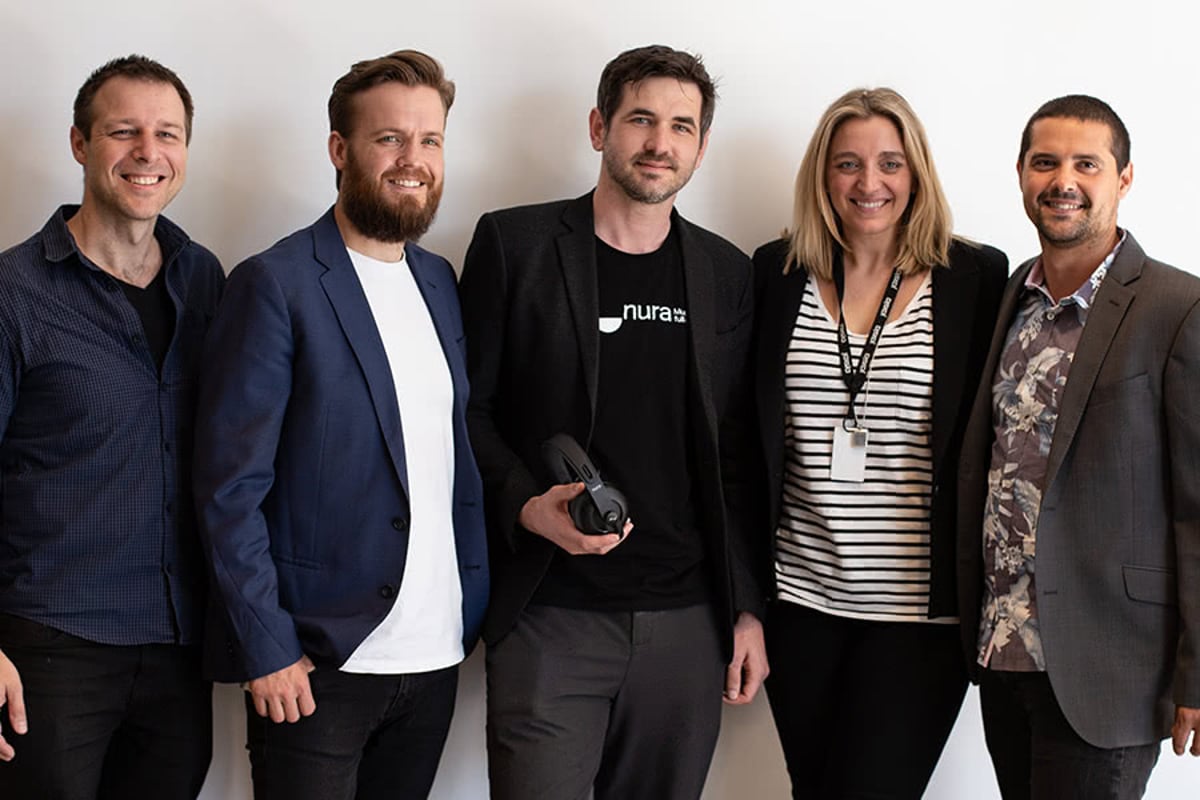
As a part of 2018’s ARIA week, Universal Music Australia teamed up with the Melbourne Accelerator Program for the Start Me Up panel – a discussion about starting a business in the music industry.
The audience got to hear from the founder of the Melbourne Accelerator Program Campbell Walshe, Nura co-founder Luke Campbell, Tremolo Director Pav Chudiak, and Jaxsta co-founder Jacqui Louez Schoorl. The panelists discussed all things business in the music industry, including how they started their businesses, the planning process, marketing, funding, and how they overcame challenges while also celebrating the wins.
Related: 2018 ARIA Week program to feature Zane Lowe, Keith Urban, Sync and Managing Mental Health
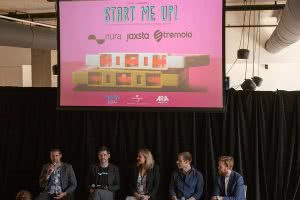
Photo: Ania Wojnowska
Related: Kasey Chambers to make history as ARIA Hall Of Fame inductee
Nura – Luke Campbell
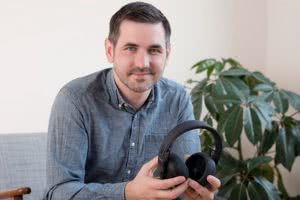
Nura’s Luke Campbell’s first piece of advice was this: you need to think of your business as an ‘idea’, not a company.
Luke’s personal journey into the world of the music industry started 10 years ago in his original role as a medical doctor with an interest in the world of ENT. He was fascinated with the science behind ears and hearing and wanted to come up with a practical idea that could bring this science to the mainstream.
In came the idea for Nura, which, according to the website, are ‘the world’s only headphone that automatically learns and adapts to your hearing.’
This is how they work:
The nuraphone plays a range of tones into the ear, and then measures a very faint sound that your ear generates in response to these tones called the Otoacoustic Emission (OAE). This tiny signal originates in the cochlea and vibrates the ear drum, turning it into a speaker and playing sound back out of your ear. Yes our ears make sound! This sound is about 10,000 times smaller than the sound that went in.
Encoded in the returning sound wave is information about how well you heard the sound that went in. The nuraphone uses an extremely sensitive microphone to detect this returning sound wave, and a self learning engine built into the nuraphone to create your profile. No buttons or knobs. It all happens automatically and in about 60 seconds. It is a little bit magic.
Once the nuraphone has created your hearing profile it sonically shapes your music so that it matches your hearing system and delivers all the detail of the music you love. Once personalised you can listen to your favorite music in stunning detail from your favorite player.
Nura has had an impressive rise and Luke accredits the Melbourne Accelerator Progam as being a big help, saying they helped him with validating the concept and helping to build a business plan around the idea, as well as supplying them with some much needed early funding.
Tremolo – Pav Chudiak
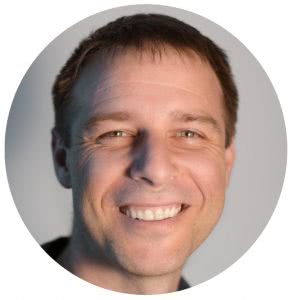
Pav is a Melbourne based musician who has spent a good 20 years of his life in cover bands, within which he discovered a problem: artists weren’t getting paid enough for the live work they do, and consumers had no avenue of properly hiring cover bands for their events.
Pav tackled this panel by splitting his experience up into 4 points:
1 – Defining the Problem
The idea first came to him in 2008, but it wasn’t until 6 years later that he decided to do something about it. He came to the conclusion that his key idea was to ‘make it easy for people to find the right music for an event’.
2 – Validating Ideas
Having a problem to solve is great, but you don’t have anything without validation, without a market for your idea, and without being able to move with what your customers want.
3 – Creating a Business Model
How is your business going to generate revenue? Pav’s tips were to apply for grants and start-up programs (Like the Velocity Program and The Melbourne Accelerator program), as they will help with both funding and support.
Be sure to make a business model that is unique to your business, to price yourself competitively, and to take every piece of advice with a grain of salt – receiving advice should always be valued, but sometimes your gut knows the best direction to go.
4 – Marketing Your Business
Work out what kind of marketing works best for your business, and always be testing out new options. Pav found that online/social media ads didn’t work very well for Tremolo, but that optimising their website for SEO is when they started seeing some real traction. Be sure to ask yourself who it is you are marketing to, and strive to own that demand.
Jaxsta – Jacqui Louez Schoorl
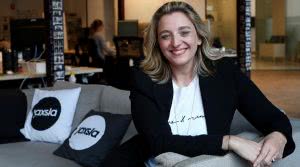
Jaxsta’s co-founder Jacqui Louez Schoorl started her personal journey in TV, and it was the transition from that industry into music that led to her ‘AHA’ moment – that there was nothing that existed that gave credit to the people behind the songs in the music industry, there was no musical ‘IMDb’.
So she set out on a mammoth mission to create the world’s largest official database of music information, which includes producers, sound engineers, musicians and more. Jacqui found that through the transition from physical to digital, we lost the liner notes that were integral to the people behind the music for finding future jobs.
When she started Jaxsta, she had no idea what to do and found that she was often one of the only women in the room. But rather than focus on that, her advice was to just make a start – you don’t have to be a CTO create your own tech start-up!
Her other key pieces of advice where:
- Do one thing towards your goal every day
- Let go of your imposter syndrome
- Learn from your mistakes
- Have the tough conversations, and get comfortable with the feeling of being uncomfortable
- Criticism can be more important than other peoples excitement
- You MUST be passionate about your idea
- Be patient – everything worth doing takes longer than you think
- Respect everyone’s time
- Be adaptable
- Make sure you remember to put the theoretical oxygen mask on yourself – people are no good to anyone if they are running on empty
- Never stop learning
- Always celebrate the wins
Melbourne Accelerator Program – Campbell Walshe
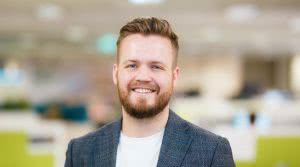
Cam works on the philosophy that no matter how good your idea is, or how big your problem is, you can not do it alone. He tells the room that the start-up area is a community – they are always willing to give advice for free, and they have a culture of giving back.
According to their website, the Melbourne Accelerator Program ‘was launched in 2012, as the first University-aligned startup accelerator in Australia, and has since supported over 100 startups, who have raised over $70 million in funding, generated over $100 million in revenue, and created over 1000 new jobs.’
If you are going to be successful in an industry, you have to think of the global market. This is something that an accelerator program is made to help with. The Melbourne Accelerator Program is not just open to those looking to start a business in the music industry but across any industry.
This article originally appeared on The Industry Observer, which is now part of The Music Network.






























